
Published: Last Updated:
Readtime: 9 min
Every product is carefully selected by our editors and experts. If you buy from a link, we may earn a commission. Learn more. For more information on how we test products, click here.
The Nothing Phone (3a) is possibly the best value phone on the market today. Starting at just AU$599, it delivers a fantastic processor, alongside a beautiful screen, four impressive cameras, and a design-first approach that ensures it stands out among the competition.
Honestly, I’d go so far as to say that the Phone (3a) is the Android phone to get if you want something that isn’t going to break the bank, but still has enough unique features to keep you interested.
In my eyes, it’s been clear that the big battleground of phone hardware this year is on the low-end, with Apple launching its iPhone 16e, Samsung dropping the Galaxy A26, and the Google Pixel 9a finally shown off after leaking like crazy. It makes sense: we’re in the midst of a global financial downturn, and people aren’t necessarily in a position to drop more than AU$1,000 on a phone at the moment.
Nothing’s Phone (2a) performed really well, and it’s not a huge surprise that the UK-based business decided to focus on refreshing its value line-up first before delivering the flagship Nothing Phone (3) later this year.
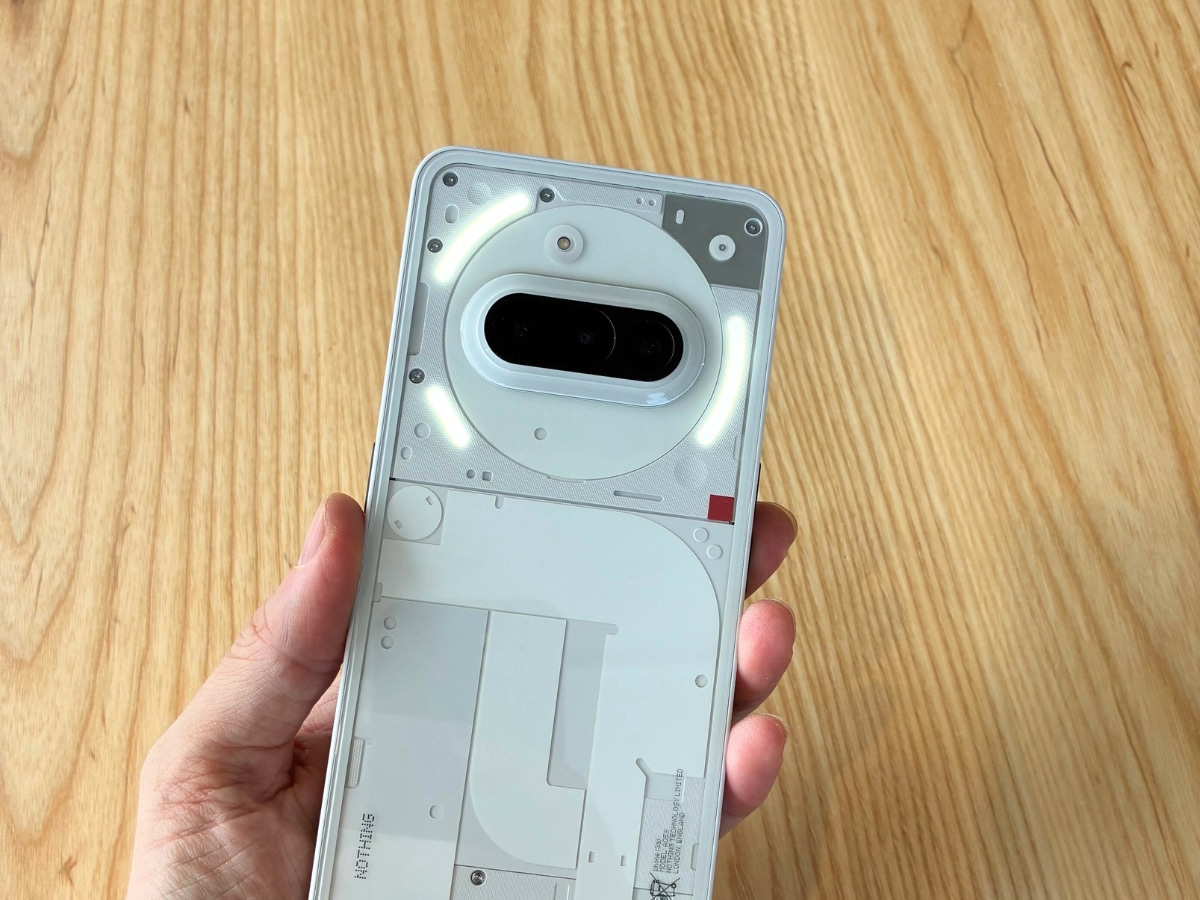
Comparing the Competition
| Nothing Phone (3a) | Google Pixel 9a | Samsung Galaxy A26 | Apple iPhone 16e | |
| Price | From AU$599 | From AU$849 | From AU$499 | From AU$999 |
| Display | – 6.77” AMOLED – 2392 x 1080 resolution – 120Hz adaptive refresh rate – Panda Glass | – 6.3” Actua Display – 2424 x 1080 resolution – 120Hz refresh rate – Gorilla Glass 3 | – 6.7” Super AMOLED – 2340 x 1080 resolution – 120Hz refresh rate – Gorilla Glass Victus+ | – 6.1” Super Retina OLED Display – 2536 x 1170 resolution – 60Hz refresh rate – Ceramic Shield 1 Glass |
| Operating System | – Android 15 – Nothing OS 3.1 | – Android 15 | – Android 15 – One UI 7 | iOS 18 |
| Internals | – Processor: Snapdragon 7s Gen 3 – RAM: 8GB, 12GB – Storage: 128GB, 256GB | – Processor: Tensor G4 – RAM: 8GB – Storage: 128GB, 256GB | – Processor: Exynos 1380 – RAM: 6GB, 8GB – Storage: 128GB, 256GB | – Processor: A18 – RAM: 8GB – Storage: 128GB, 256GB , 512GB |
| Networking | – 5G – Wi-Fi 6 – Bluetooth 5.4 – NFC Capable | – 5G – Wi-Fi 6e – Bluetooth 5.3 – NFC Capable | – 5G – Wi-Fi 5 – Bluetooth 5.3 – NFC Capable | – 5G – Wi-Fi 6 – Bluetooth 5.3 – NFC Capable |
| Camera | Front: 32MP Rear: 50MP (wide), 50MP (telephoto), 8MP (ultra-wide) Can record video at 4k@30fps Can record slow motion at 1080p@120fps | Front: 13MP Rear: 48MP (wide), 13MP (ultra-wide) Can record video at 4K@60fps Can record slow motion at 1080@240fps | Front: 13MP Rear: 50MP (wide), 8MP (ultra-wide), 2MP (macro) Can record video at 4k@30fps Can record slow motion at 720p@480fps | Front: 12MP Rear: 48MP (wide) Can record up to 4K@60fps Can record slow motion 1080@240fps |
| Battery | 5,000mAh | 5,100mAh | 5,000mAh | 4,005mAh |
| Other Features | – Single USB 2.0 Type-C port – IP64 dust and water resistant – Glyph Interface – Fingerprint sensor (under screen) – Essential Space AI ‘assistant’ | – Single USB 3.2 Type-C port – IP68 dust and water resistant – Fingerprint unlock & Face unlock – Gemini AI | – Single USB 2.0 Type-C port – Fingerprint sensor (side mounted) – Galaxy AI | – Single USB 2.0 Type-C port – Face ID – Qi Wireless Charging Compatible – IP68 dust/water resistant (up to 6m for 30 mins) – Action Button – Apple Intelligence |
Why Trust Us
Here at Man of Many, we use a wide variety of technology. We’re not fans of any one brand, like to get our hands on the latest-and-greatest tech before we call it the next-best-thing, and we’ve built up extensive experience in reviewing tech as a publication over the past 10 years.
The author of this article, Dean Blake, is Man of Many’s technology journalist, and has followed the industry for years. He’s reviewed a fair bit of the competition, and was provided the product by Nothing for the purposes of this review. No money exchanged hands, and all opinions expressed are those of the author and haven’t been seen by Nothing ahead of time. For more information on our independence, testing and review guidelines, you can read our full editorial policies here.
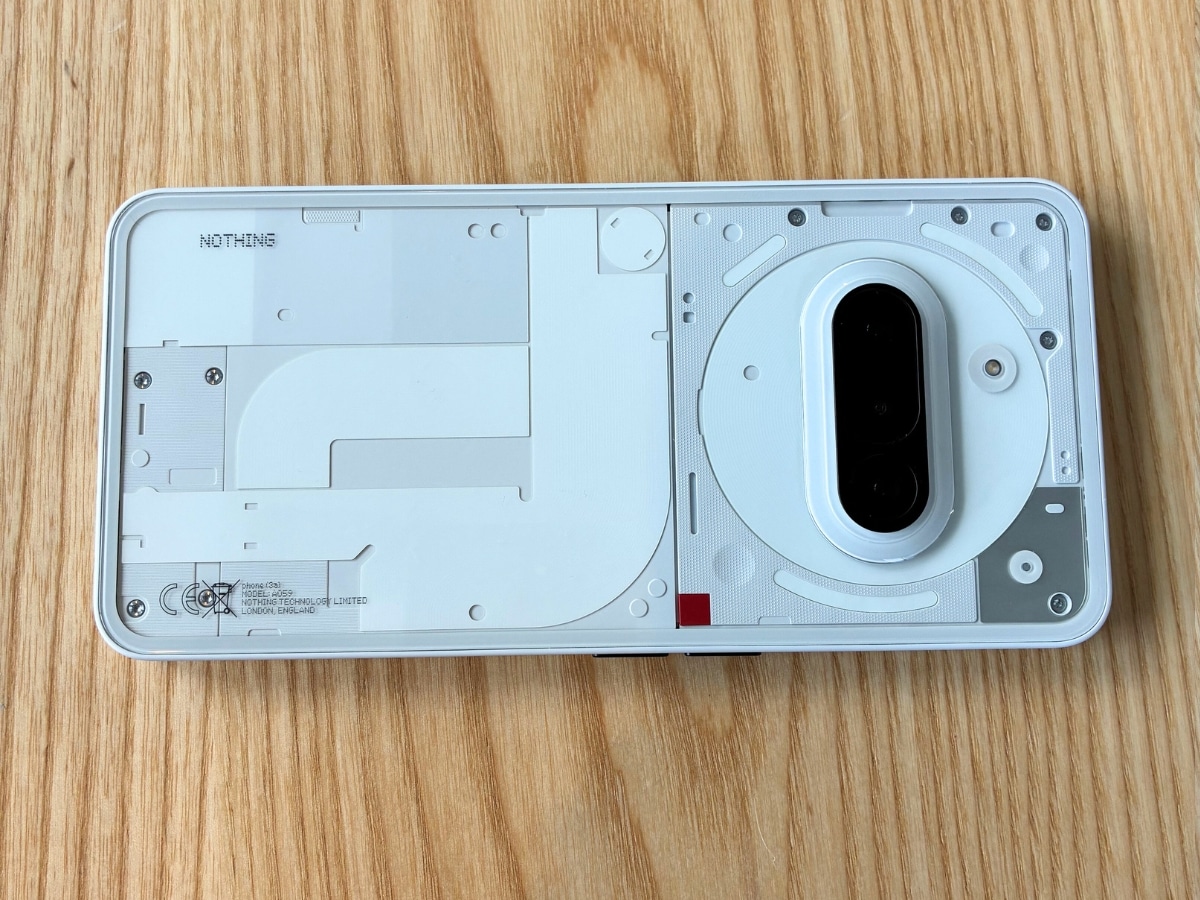
Design-First Decisions
The first thing you’re going to notice about the Nothing Phone (3a) is it’s design. Nothing has always positioned itself as a design-led company, and the (3a) and it’s more powerful brother, the (3a) Pro, are no different.
You can easily spot a Nothing Phone out of a crowd based on its looks alone: from the back-plate design that looks as if it’s showing off the internals of the device (it isn’t), to the LED ‘glyph’ interface that reacts to calls, messages and alarms by lighting up in whatever way relates to that particular type of notification. You can use it as a count down timer akin to a pomodoro, or compose your own ringtone and accompanying glyph response using Nothing’s Glyph Composer app, which curiously isn’t pre-downloaded.
While I appreciate that this is a feature of the phone, and something Nothing’s user base likes, I turned the glyph off almost immediately. I typically prefer not to bother my colleagues with a light show whenever I get a message, or blind the person next to me on the train when I get a phone call. I did use it as a timer though, so there’s still some practical use case in there.
One thing I’m not a huge fan of is the feel of the glass on the back of the device. The Nothing Phone (2) had a convex feeling to the glass, as if it was bulging out of the phone’s housing, and while Nothing hasn’t necessarily replicated that, it is using the same incredibly slippery glass that makes it feel like the phone could slip out of your hands at any moment. After the smoothed matte glass back of the iPhone 16e, which felt very safe to handle with one hand, the (3a) feels just a bit dangerous to hold.
It’s also clear that Nothing’s dot matrix-style software design is well and truly here to stay: something that I like quite a bit, but can also make it a bit difficult to actually read what information the app is trying to convey. A group of dots isn’t always the best way to convey the weather, in my opinion, but it is Nothing’s preferred way.
It’s worth noting that Nothing OS, the brand’s in-house version of Android, is optional.
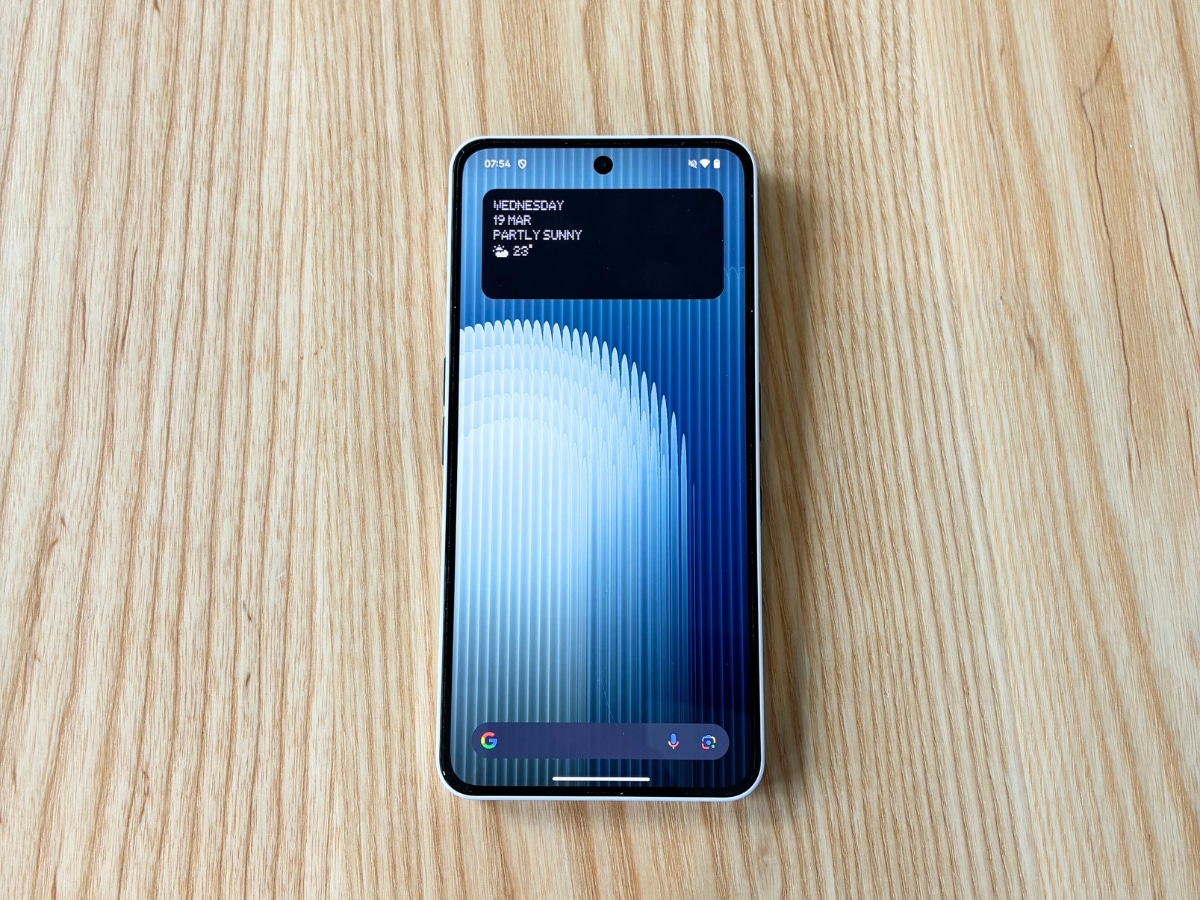
Bang for Your Buck
While design features are subjective, it’s hard to turn your nose up at what you’re getting for AU$599 here. Is the included Snapdragon 7s Gen 3 the fastest processor on the market? No, definitely not. It is, however, more than enough for most people’s needs. Alongside the included 8GB to 12GB of memory, depending on your configuration, the (3a) feels fast and snappy.
It helps that you’re also getting a 6.77” AMOLED display that can hit a 120Hz refresh rate, making it a great device to stream video or play mobile games on. All of that combined delivers a very smooth user experience, with a processor and memory that perform very well, tied to a great looking display. I do, personally, wish Nothing offered the phone in a smaller variant as well, but smaller phones seem to a pipe dream at this point.
While I’m certainly not a student of photography, even I can admit the cameras on display in the Nothing Phone (3a) are great. The 32MP front-facing camera stands out among the competition, and the three rear-facing cameras deliver fantastic wide, ultra-wide, and telephoto capabilities. Compare the potential here to what Apple delivered with it’s AU$999 iPhone 16e – a single 48MP rear facing camera – and it’s even more impressive.
I don’t know how Nothing has managed to fit everything it has into the (3a) for the price that it has, but it’s setting the bar high for its flagship Nothing Phone (3), due to be revealed and launched later in 2025.
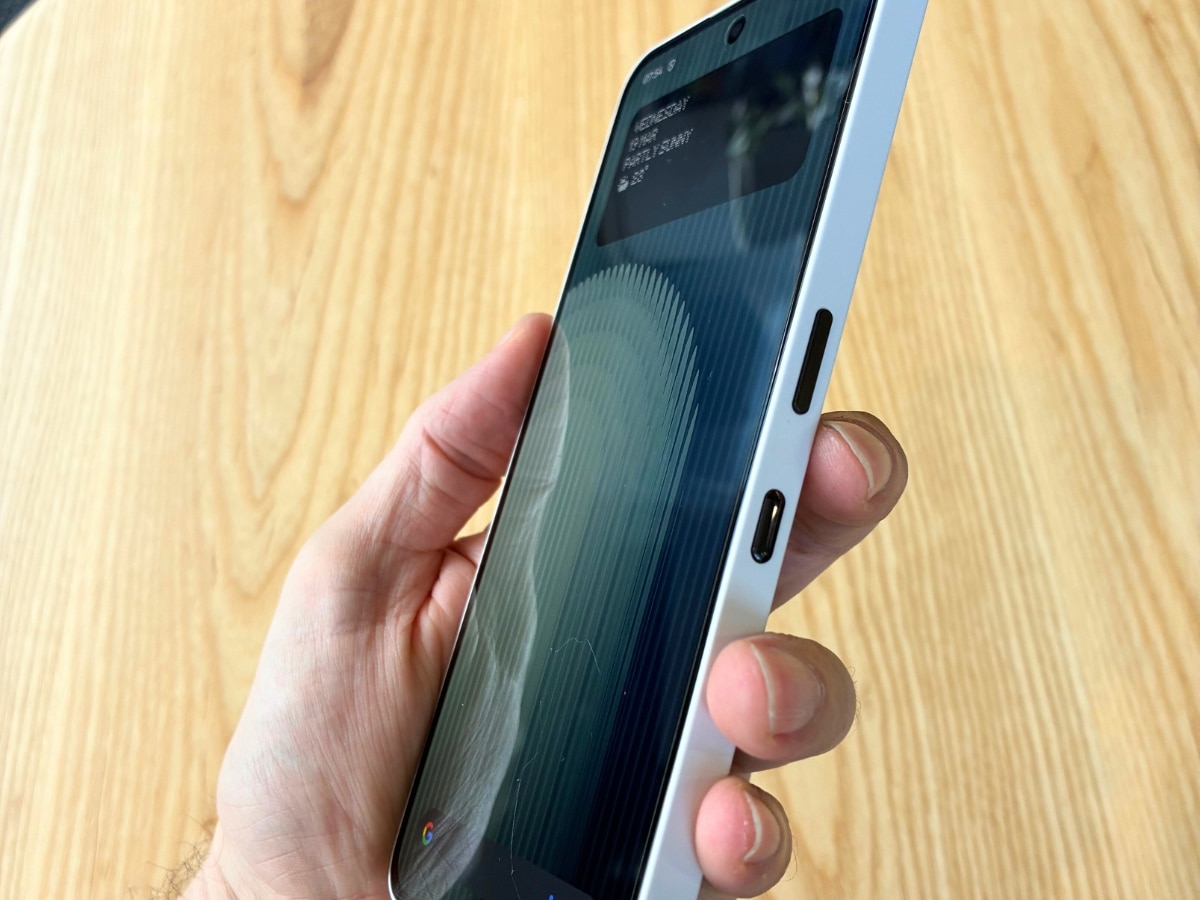
Essential Space
Okay – on to the inevitable AI integration.
Essential Space is Nothing’s take on a virtual assistant. Rather than collating data from across your phone, Nothing instead wants users to store important information within one place – Essential Space – which an AI will then read from and prompt you with reminders and ideas.
It’s not a bad idea, honestly, and does sidestep some of the concerns around giving big tech access to every aspect of your life – instead, you’re choosing what you share by specifically opting to purposefully put that info into the Essential Space app. You do so by way of a dedicated button on the side of the phone, which can’t be remapped to something more useful if you don’t plan on using Essential Space – a shame.
I do think this is one of the more ‘helpful’ ideas for AI in phones in that it effectively acts as a dumping ground for ideas and screenshots which you can then ask an AI to sift through to find the nuggets of gold. It is, by design, something that would require a lot of time to properly use and train on your data, and I don’t think it’s possible within the timeline of this review.
In my mind, Essential Space will be as good as how often you interact with it, assuming Nothing’s tech is as good as they think it is.
It’s worth noting that while Nothing says Essential Space is still in beta in YouTube videos, they’re also advertising it as a core feature of the (3a) and (3a) Pro phones without any kind of warning that this tech isn’t complete, which rubs me the wrong way.
If you’re advertising Essential Space as a core feature of the phone without labelling it as a beta, I believe people can expect to be paying for a finished product. I said as much when I reviewed the iPhone 16 about Apple Intelligence, and I think that while Nothing is clearly going down a different AI-led path than its competitors, it’s similar in approach here.
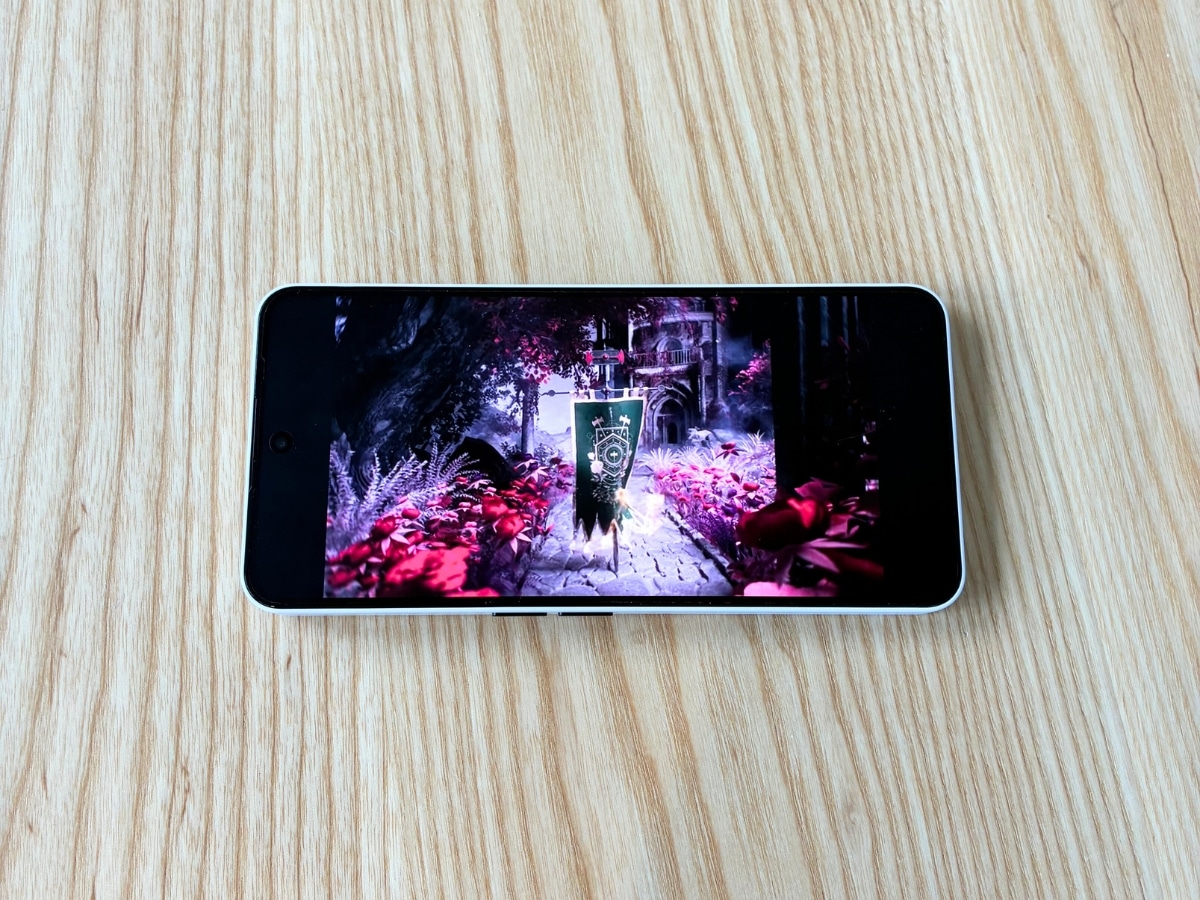
Do We Recommend the Nothing Phone (3a)?
Yes, definitely. If you’re looking for a fantastic Android phone on a budget, the Nothing Phone (3a) delivers performance and build quality usually reserved for much more expensive devices. It’s flagship quality for a more affordable price, which is impressive and worth celebrating.
DISCLAIMER: The author of this post, Dean Blake, was supplied a Nothing Phone (3a) for the purposes of this review.
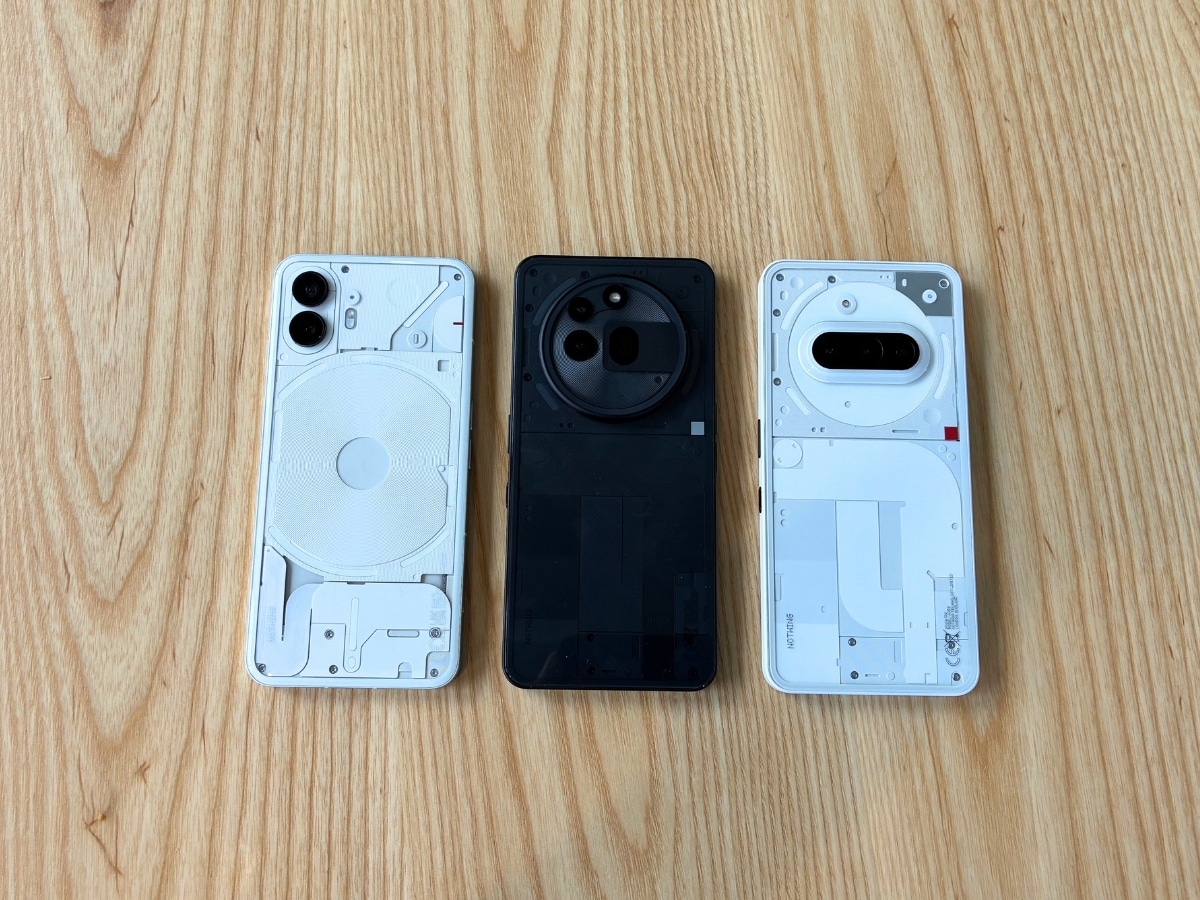




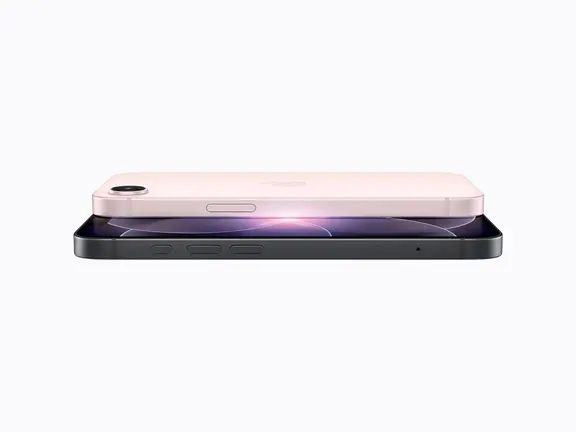


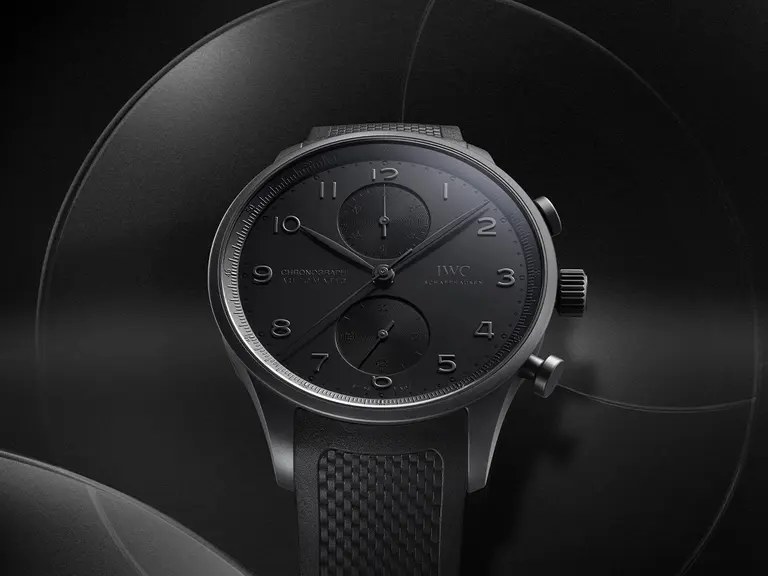
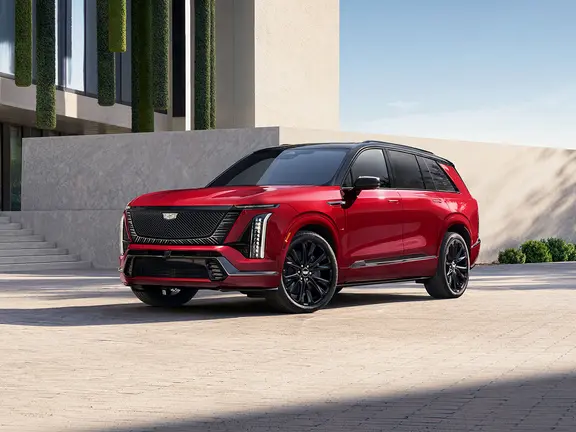



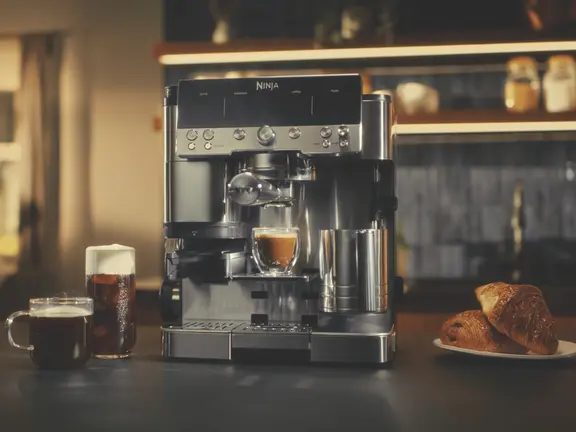
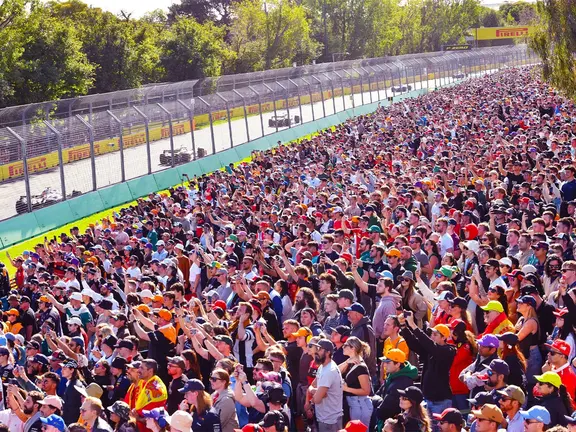


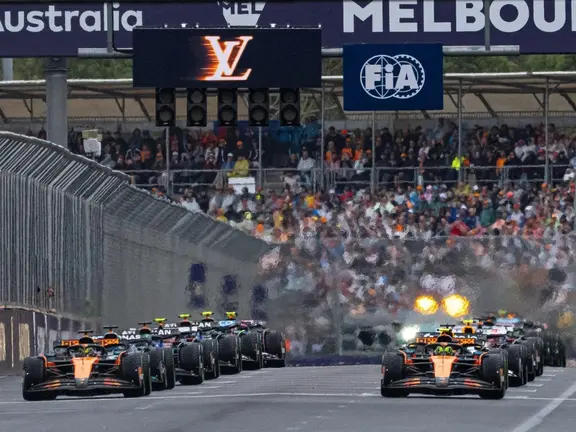





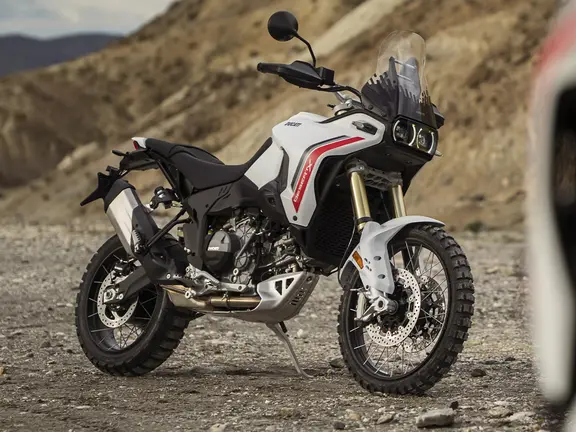






Comments
We love hearing from you. or to leave a comment.